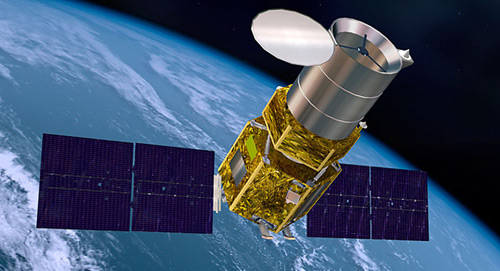
The Phantom Phoenix small satellite shown in an artist's rendering will be easier to manufacture and configure for specific missions with its common architecture, flight software and simplified payload integration options. Photo: Boeing.
EL SEGUNDO, CALIFORNIA (BNS): Boeing has received its first commercial order for the 502 Phoenix small satellite from HySpecIQ of Washington, D.C.
The satellites will carry the commercial remote sensing industry's first high-resolution hyperspectral payload, capable of providing spectral imaging fidelity that far exceeds what is currently available.
Boeing will deliver a complete satellite system initially consisting of two satellites, available for launch in 2018; command and control operations; image processing; and data storage of collected imagery. The contract includes options for long-term operations and maintenance, according to the company news release.
"Our 502 Phoenix is well-suited for a range of missions that includes electro-optical imaging and remote sensing, space situational awareness and satellite communications," Craig Cooning, president of Network & Space Systems was quoted as saying in the report.
Hyperspectral imaging is an information-rich technology that uses spectral color bands to identify objects and materials in an image. More than 200 spectral colours in the visible and shortwave infrared spectrum are collected to uncover diagnostic spectral patterns not visible to the naked eye.
The technology provides valuable data and enables the delivery of information products to key markets, including the global oil, gas, mining, agriculture and environment monitoring industries, as well as US government agencies and partner countries, the release added.
The satellites will be based on the Phantom Phoenix prototype, developed by Boeing Phantom Works.
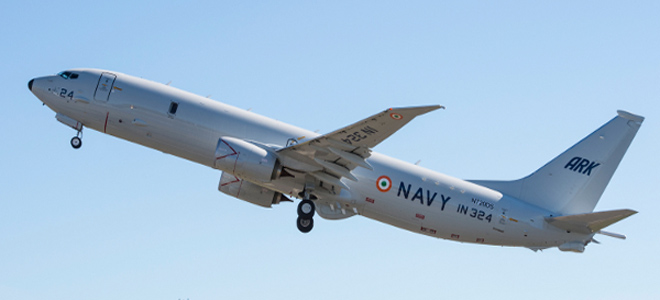 Previous Article
Previous Article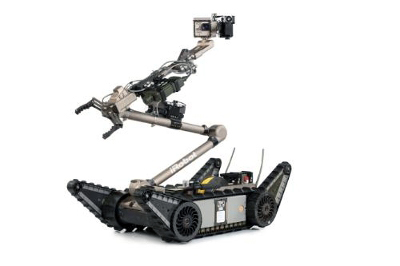 Next Article
Next Article
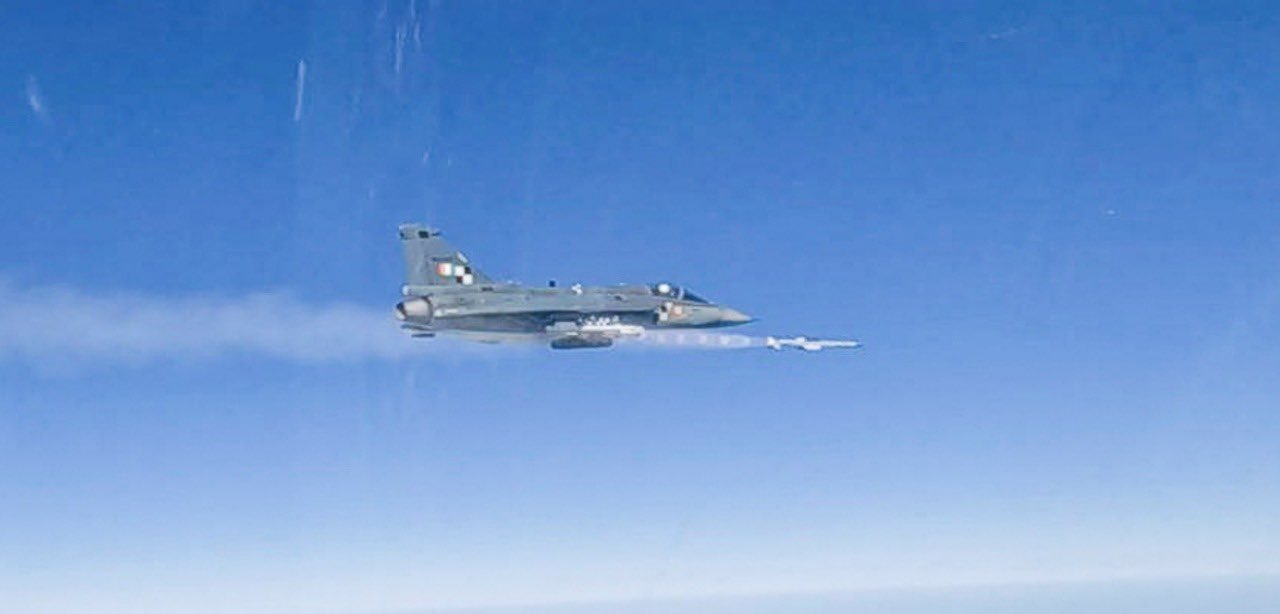
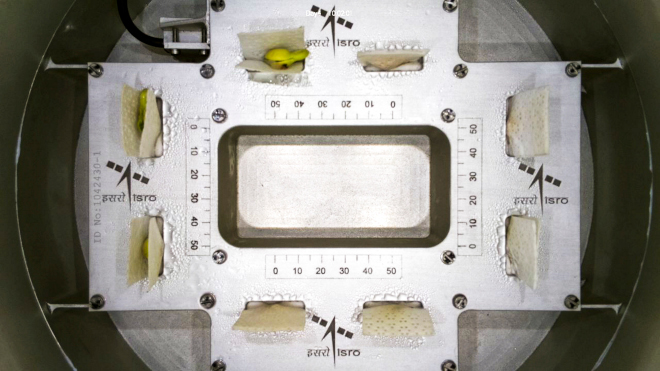









The Indian Air Force, in its flight trials evaluation report submitted before the Defence Ministry l..
view articleAn insight into the Medium Multi-Role Combat Aircraft competition...
view articleSky enthusiasts can now spot the International Space Station (ISS) commanded by Indian-American astr..
view article